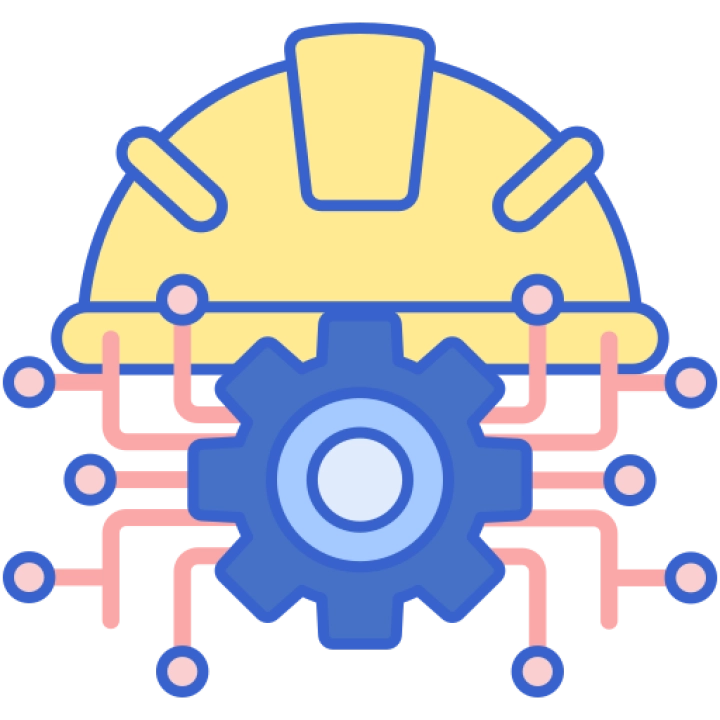College: Graduate School of Natural and Applied Sciences
Industrial and Systems Engineering focuses on designing, enhancing, and optimizing complex systems and processes. Students develop skills in operations research, systems analysis, quality control, and project management, preparing them for careers in various industries.
Learning Objectives:
- Understand the fundamentals of industrial and systems engineering.
- Develop skills in designing and improving complex systems and processes.
- Learn techniques in quality control, project management, and supply chain management.
- Explore principles of operations research, statistical analysis, and decision-making.
- Analyze and interpret data and complex engineering models.
- Develop critical thinking, problem-solving, and leadership skills for effective systems engineering practice.
Main Outline:
- Introduction to Industrial and Systems Engineering - Overview of key concepts and practices.
- Operations Research - Principles of operations research, linear programming, and simulation.
- Systems Analysis and Design - Fundamentals of systems analysis, modeling, and simulation.
- Quality Control and Assurance - Principles of quality control, Six Sigma, and total quality management.
- Project Management - Basics of project management, planning, scheduling, and risk management.
- Supply Chain Management - Principles of supply chain management, logistics, and inventory management.
- Human Factors and Ergonomics - Principles of human factors, workplace design, and safety.
- Practical Training in Industrial and Systems Engineering - Real-world experiences through internships and projects at manufacturing, logistics, or consulting companies.
- Capstone Project in Industrial and Systems Engineering - Comprehensive project applying skills in operations research, systems analysis, or process improvement.
Assessment Methods:
Operations research analyses, systems design projects, quality control plans, project management reports, supply chain management studies, human factors evaluations, practical training reports, capstone projects, teamwork projects, and internship evaluations.
Recommended Textbooks:
- "Introduction to Operations Research" by Hillier and Lieberman.
- "Systems Analysis and Design" by Kendall and Kendall.
- "Quality Control and Assurance" by Montgomery.
- "Project Management: A Systems Approach to Planning, Scheduling, and Controlling" by Kerzner.
- "Supply Chain Management" by Chopra and Meindl.
- "Human Factors and Ergonomics" by Sanders and McCormick.
Prerequisites:
Basic knowledge of mathematics, statistics, and engineering principles. Suitable for students interested in industrial engineering and systems analysis.
Duration of the Program:
The typical duration to earn a bachelor’s degree is 4 years, including coursework, projects, practical training, and internships.
Certification:
Graduates can earn a degree in industrial and systems engineering and pursue advanced education or professional certifications in related fields.
Target Audience:
Aspiring industrial engineers, systems analysts, quality control specialists, project managers, supply chain managers, and individuals seeking careers in manufacturing, logistics, healthcare, consulting, and various other industries. This program equips students with the skills necessary to excel in industrial and systems engineering, supporting careers across multiple industries.

